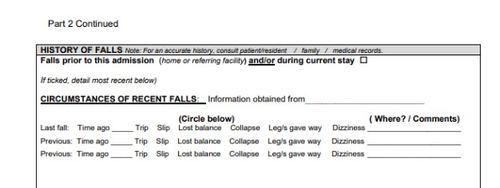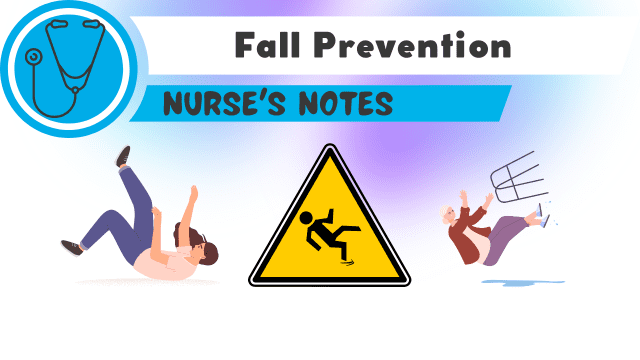9 Simple Techniques For Dementia Fall Risk
9 Simple Techniques For Dementia Fall Risk
Blog Article
Getting My Dementia Fall Risk To Work
Table of ContentsExamine This Report about Dementia Fall RiskLittle Known Facts About Dementia Fall Risk.Dementia Fall Risk Things To Know Before You BuySee This Report on Dementia Fall Risk
A fall risk evaluation checks to see how likely it is that you will certainly fall. The assessment normally includes: This includes a collection of concerns concerning your general health and if you've had previous falls or troubles with equilibrium, standing, and/or walking.Treatments are recommendations that might minimize your danger of falling. STEADI includes 3 steps: you for your risk of falling for your danger factors that can be improved to try to avoid drops (for example, equilibrium troubles, impaired vision) to decrease your risk of falling by making use of effective techniques (for instance, providing education and learning and resources), you may be asked numerous questions including: Have you dropped in the past year? Are you stressed about falling?
Then you'll take a seat once more. Your provider will certainly check just how long it takes you to do this. If it takes you 12 secs or more, it may imply you go to higher risk for an autumn. This examination checks stamina and balance. You'll being in a chair with your arms went across over your upper body.
Relocate one foot midway forward, so the instep is touching the big toe of your various other foot. Move one foot fully in front of the other, so the toes are touching the heel of your other foot.
Dementia Fall Risk Things To Know Before You Buy
Most drops happen as an outcome of several contributing variables; therefore, managing the threat of dropping begins with identifying the elements that add to drop threat - Dementia Fall Risk. A few of one of the most pertinent risk elements include: History of prior fallsChronic clinical conditionsAcute illnessImpaired stride and equilibrium, reduced extremity weaknessCognitive impairmentChanges in visionCertain risky medications and polypharmacyEnvironmental elements can likewise raise the risk for drops, including: Poor lightingUneven or harmed flooringWet or unsafe floorsMissing or harmed hand rails and grab barsDamaged or improperly equipped devices, such as beds, mobility devices, or walkersImproper usage of assistive devicesInadequate guidance of individuals living in the NF, consisting of those that show hostile behaviorsA successful loss threat management program needs a comprehensive medical assessment, with input from all members of the interdisciplinary group

The treatment plan need to additionally consist of interventions that are system-based, such as those that advertise a risk-free setting (appropriate lights, handrails, get bars, etc). The effectiveness of the interventions should be examined occasionally, and the treatment strategy modified as required to show changes in the loss threat assessment. Implementing a loss threat management system making use of evidence-based ideal practice can minimize the prevalence of falls in the NF, while limiting the potential for fall-related injuries.
6 Easy Facts About Dementia Fall Risk Described
The AGS/BGS standard advises evaluating all grownups aged 65 years and older for autumn threat each year. This testing consists of asking individuals whether they have fallen 2 or even more times in the past year or sought clinical interest for a loss, or, if they have not fallen, whether they feel unstable when walking.
People that have fallen when without injury should have their balance and stride examined; those with stride or balance problems should get extra analysis. A history of 1 loss without injury and without stride or balance troubles does not warrant more analysis past continued yearly autumn danger testing. Dementia Fall Risk. A fall threat assessment is required as part of the Welcome to Medicare assessment

The Single Strategy To Use For Dementia Fall Risk
Recording a falls background is one of visit homepage the top quality indicators for autumn avoidance and management. Psychoactive medications in particular are independent forecasters of falls.
Postural hypotension can frequently be eased by reducing the dosage of blood pressurelowering drugs and/or quiting drugs that have orthostatic hypotension as a negative effects. Use above-the-knee support tube and copulating the head of the bed raised might additionally reduce postural decreases in blood pressure. The recommended aspects see here of a fall-focused physical exam are displayed in Box 1.

A Pull time better than or equal to 12 seconds suggests high autumn threat. Being incapable to stand up from a chair of knee height without utilizing one's arms indicates enhanced autumn danger.
Report this page